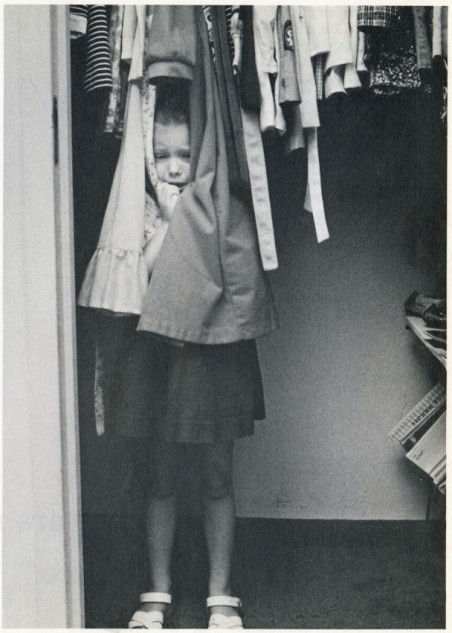SYMPTOM: The player has difficulty winning at tennis, even if his opponents usually are not as good as he is.
ANALYSIS: Chances are our Loser in tennis may be “a loser in life” as well. He’s inclined to embrace defeat of all sorts, and there may be multiple reasons for this: love of suffering, the need to capitulate to certain people in order to gain love, fears of overinflation of self-esteem, and so on. But more than likely the main problem is one we’ve seen again and again: fear of one’s aggression and what it will do to someone else. “Don’t take me too seriously,” the Loser almost seems to be saying. “I’m not going to beat or hurt you. If I get to the point where I think I could hurt you, I’ll stop.” Which he subconsciously does, right at the start.
from Love and Hate on the Tennis Court: How Hidden Emotions Affect Your Game
I worked as a volunteer at a retreat center. Volunteers worked full-time for three weeks. In exchange, we got to take a self-improvement workshop of our choice. I worked in “production;” we spent most of our time rolling and unrolling carpets in empty conference rooms. We sang classic rock together as we dry-mopped. The acoustics were great, and we were bored.
A kitchen worker heard us doing Kansas one day. She stopped me later and told me that she had signed up for a singing workshop. It was designed to give terrified people a safe place to sing in front of a supportive audience. She was sleepless and nauseated and full of dread.
A few days later, we delivered microphone stands to the singing workshop. We pulled around the side of the building, and there she sat, the beautiful, courageous girl, all by herself, hunched over and crying on the fire ladder. She was hiding her face in her hands.
Some are afraid to drive over bridges. Others fear love.

